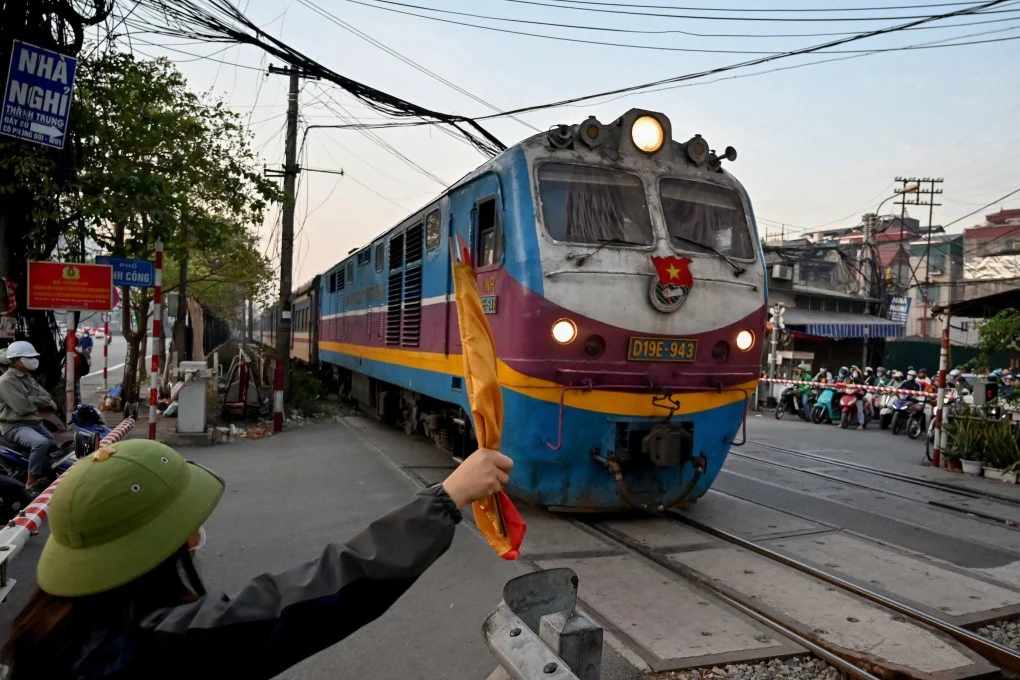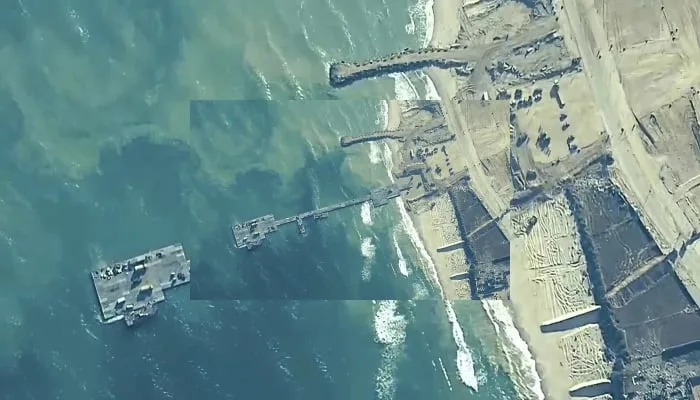Vietnam has announced a major infrastructure project to build a high-speed railway connecting Hanoi, the capital, to Ho Chi Minh City, the country’s economic hub. The $67 billion project, which will span more than 1,500 kilometers (930 miles), is expected to dramatically cut travel time by rail from 30 hours to just five.
A Boost to Vietnam’s Economy and Global Position
The railway project has been hailed as a breakthrough for Vietnam’s infrastructure. The new rail line will link 23 stations across 20 cities and provinces, enhancing connectivity and making travel more convenient for locals. It is expected to increase the country’s GDP by an average of 0.97 percentage points annually.
Dan Martin, an International Business Advisor at Dezan Shira & Associates, emphasized that the railway would “supercharge the Vietnamese economy,” improving the efficiency of logistics, reducing lead times, and solidifying the country’s role in global supply chains. The project is expected to attract more foreign investment, particularly as companies seek alternatives to China.
Improving Vietnam’s Infrastructure
Vietnam’s transport infrastructure has been struggling with high road transport costs, and the country has one of the lowest expressway densities in Southeast Asia. While the project is a step towards improving rail transport, Vietnam’s overall infrastructure quality has been a barrier to its potential economic growth.
Despite these challenges, the new high-speed rail project is seen as a significant step forward, with expectations that it will enhance regional integration and stimulate the domestic economy.
Delayed but Ambitious
The project has a long timeline, with work scheduled to begin in 2027 and completion set for 2035. However, Vietnam has a history of delays in major infrastructure projects. For example, Hanoi’s second metro line, which opened this year, was delayed by nearly a decade, and Ho Chi Minh City’s first metro line has yet to open despite being originally slated for 2018.
The high-speed railway’s approval marks a major shift from a similar project proposal that was scrapped in 2010 due to concerns about its cost. However, the project’s potential to boost Vietnam’s economy and improve its global standing has made it a priority for the government.
Public Support and Expectations
The railway’s route will provide an easy way for people to travel across the country, and locals, like university student Pham Dang Quang, are eager for the convenience it promises. Quang expressed excitement at the prospect of taking a day trip from Hanoi to Ho Chi Minh City and back within a single day.
Overall, the high-speed railway is seen as a transformative project that could help bridge the gap in Vietnam’s infrastructure and elevate its position in the regional and global economy.



